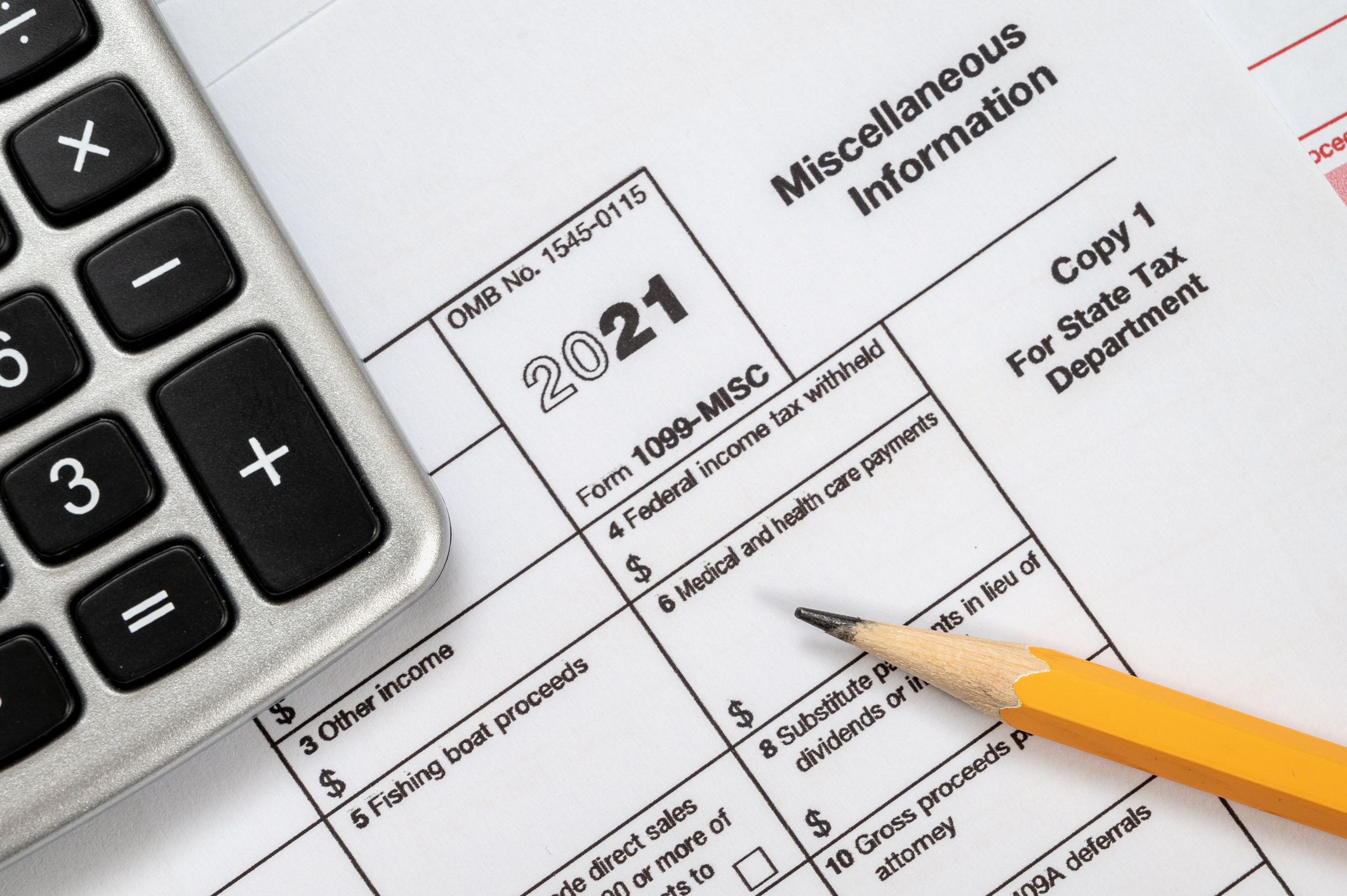Placing workers in the US

US employment classifications
It is vital for UK recruiters to obtain a certain level of knowledge to be able to efficiently navigate the complex landscape of federal and state labour laws in the US. This includes understanding the distinction between W-2 employees and Independent Contractors (also referred to as either “corp to corp” or “1099s”.
Recruiters must know how to navigate the tax regulations of these workers along with the compliance requirements, and the risks of placing W-2’s and 1099’s in the US.

At-will employment
US law favours employers and employment in the US is “at will”. At-will employment refers to a flexible employment relationship where either the employer or the employee can terminate the employment at any time, and for any reason, with or without cause, and with or without notice.
For UK recruiters to effectively navigate at-will employment, agencies must tailor their recruitment approaches, integrating at-will language into documentation, and fostering a workplace culture aligned with the principles of flexibility.
At-will employment by state
W-2 workers

W-2 workers
In the US, a W-2 worker refers to an employee whose income and tax details are reported on Form W-2, provided by the employer at the end of each tax year.
Considered traditional employees (either permanent or temporary), W-2 workers receive regular paychecks, and benefit from employer-provided benefits such as health insurance, retirement plans, and paid time off. Navigating the employment of W-2 workers involves adherence to US labour laws, tax regulations, and the provision of comprehensive employment packages.
Key components of a W-2 contract
Contracts for W-2 workers should include the following key elements:
-
Job terms
-
Compensation
-
Benefits
-
Employment conditions

1099 independent contractors
A 1099 independent contractor refers to a self-employed individual or entity engaged by a company for specific services. Unlike traditional employees, these contractors operate independently and receive compensation on a project or assignment basis.
The term “1099” is derived from the tax form (Form 1099-NEC) that is issued by the hiring company to report payments to the IRS made to independent contractors. This arrangement grants flexibility for both parties, but it also means contractors are responsible for their taxes, benefits, and insurance. It’s important for UK recruiters to establish clear and thorough contractual agreements, adhering to IRS reporting requirements with Form 1099-NEC, and communicating the flexible and autonomous nature of contractor relationships.
Navigating 1099 workers
When placing 1099 workers in the US, UK recruiters should have a firm grasp on the legal distinctions of 1099’s. A strong emphasis should be made on the principles that 1099 contractors operate independently and are therefore;
-
Responsible for managing taxes
-
Granted no traditional employment benefits
-
Classified as independent contractors

Misclassification
The risk of misclassification on US placements of independent contractors is a significant concern. Misclassification occurs when workers are incorrectly classified, for instance, where a 1099 independent contractor has been working (and paid) as an independent contractor but should actually be classified as an employee (W-2 worker). This concept is similar to the issue relating to the placement of contractors working through personal service companies in the UK (“Outside IR35”), who should actually be working Inside IR35.
Misclassification can result in significant legal and financial consequences, including penalties, back taxes, and potentially even lawsuits. UK recruiters placing workers in the US must therefore navigate the complex criteria used to determine worker classification, including factors such as control over work, financial arrangements, and the nature of the working relationship to avoid the risk of misclassification.
Discover more….
Arrange a callback
We’d love to hear from you!
Whether you simply have a quick question, or were seeking a more formal conversation to discuss your tax needs, drop your details here and we will be in touch! Alternatively, you can contact us on +44 (0)20 3468 0000.


